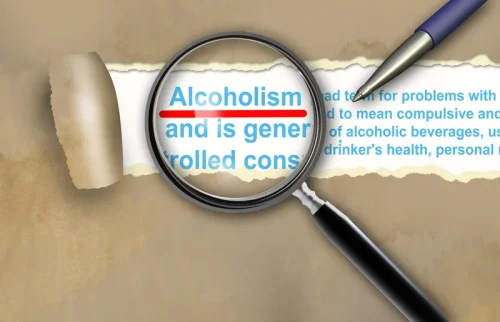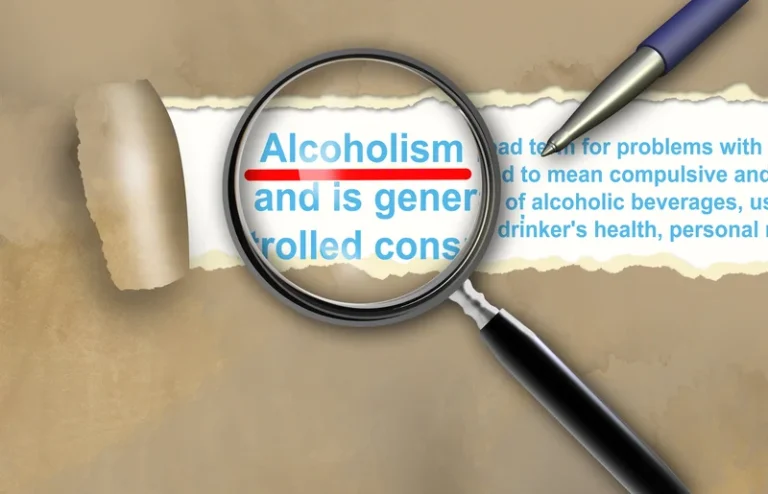Innovative Group Ideas for Addiction Recovery

Group sessions provide them with a set time within their routine to focus on their recovery. Marking recovery anniversaries acknowledges members’ hard work and dedication. This celebration reinforces commitment, offers a chance to reflect on growth, and encourages members to keep moving forward in their journey. This activity encourages members to celebrate even minor milestones, helping them recognize progress and reinforcing a sense of accomplishment. Writing a letter to one’s younger self can be a powerful way to foster compassion and forgiveness.

Managing Financial Stress
- The program here at Two Dreams focuses on the improvement of one’s life through the achievement of mental peace, physical well-being, and personal productivity.
- The more you learn about triggers and how to manage them, the easier it is to maintain your recovery.
- Each step works in sequence to build coping skills, modify behaviors, and enhance the client’s ability to manage triggers and prevent relapse.
- Support systems are vital for long-term recovery, offering encouragement, accountability, and assistance.
They offer opportunities for growth, connection, and self-discovery that extend far beyond the initial stages of sobriety. The gamification of recovery milestones and achievements adds an element of fun and motivation to the recovery process. Imagine a group leaderboard where members can track their sober days, completed goals, or acts of kindness. This approach taps into our natural desire for achievement and recognition, turning the challenging work of recovery into a rewarding game amphetamine addiction treatment of personal growth. Mobile app-based recovery challenges and goal tracking bring accountability and support to the palm of your hand. These apps often incorporate elements of gamification, turning recovery milestones into achievements to be unlocked and celebrated.
Exploring Personal Values
With 4 years of relevant experience, she is passionate https://ecosoberhouse.com/ about conveying accurate and up-to-date information through her writing. Her area of expertise includes writing on addiction challenges, providing guidance on treatment procedures, and addressing co-occurring mental issues. In group CBT therapy, patients with similar conditions are placed in one group. A therapist works with the clients to identify how their negative thoughts affect emotions and behaviors.
Addiction Recovery Groups: Empowering Individuals on the Path to Sobriety

The need for diverse and engaging group activities has never been more apparent. Gone are the days when a circle of chairs and shared stories were the only tools in the recovery toolbox. Today’s recovery groups are embracing a smorgasbord of innovative ideas to keep participants engaged, motivated, and on the path to lasting sobriety.
Create an account or sign in to comment
Maybe you’ll find your tribe in a drumming circle, or perhaps a CBT group will be your ticket to lasting sobriety. You, nor your loved one, are under any obligation to commit to a Treatment X treatment program when calling the helpline. If you feel that any of our content is inaccurate, out-of-date, or otherwise questionable, please contact at
- In group sessions, everyone knows that everyone else there has faced similar issues.
- Mindfulness scavenger hunts encourage participants to engage fully with their surroundings, seeking out specific sensory experiences.
- Keep reading to learn specific activities that can help your clients in a group therapy session.
- Share with the group a song with a real meaning for you and explain why this song is so important.
- This gives the Counselor leading the group an opportunity to tailor the group activities to the current concerns of the group members.
- Draw or paint a picture of something in nature that has found a way to thrive in a harsh environment, such as a cactus in the desert, or tree roots bursting up from a sidewalk.
- Group therapy sessions often involve discussing individual concerns, allowing members to receive advice and support from their peers.
A structured routine offers stability, helping individuals focus on positive habits. This topic helps members design daily schedules that include self-care, work, and relaxation. Creating a routine provides a sense of purpose and reduces the chances of falling back into unhealthy patterns. This group therapy ideas for addiction topic explores strategies for maintaining healthy, supportive relationships that encourage sobriety. Members learn how to set boundaries, communicate openly, and build trust with others.

This evaluation helps identify underlying factors contributing to addiction, such as co-occurring mental health issues or trauma. Assessment includes standardized tools, questionnaires, and interviews, offering a clear baseline for the client’s needs and the treatment direction. CBT, a widely studied method, focuses on identifying and changing negative thought patterns to promote healthier behaviors. DBT, on the other hand, is effective in helping clients manage intense emotions and develop stronger interpersonal skills.
